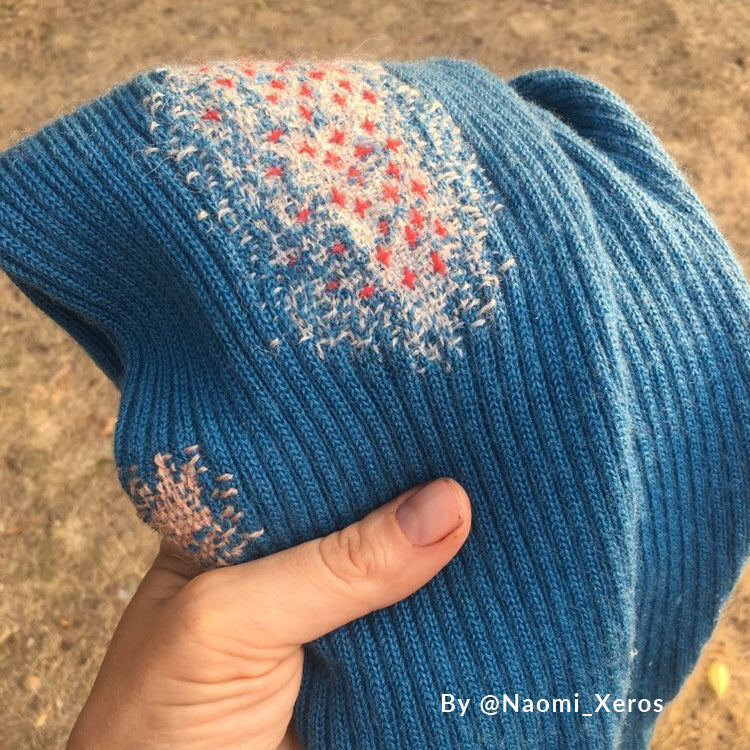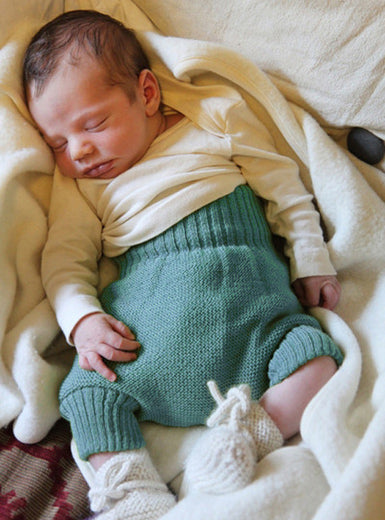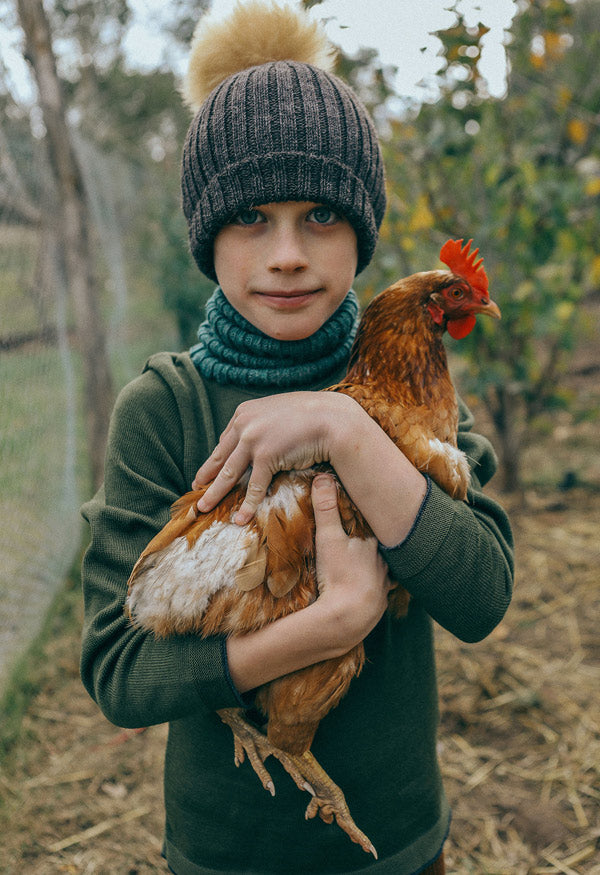Your Cart is Empty





Turtle Neck & Chest Warmer in Baby Alpaca (Adults)
$89.95$98.95
*Now in a bigger Adults size with a wider neck hole and bigger chest warmer. Can also be worn as a capelet by turning it a quarter!
Hand knitted turtle neck warmer in natural organic baby alpaca. Great design for a comfortable warming scarf that tucks neatly into a jumper or jacket to keep the cold wind out and the neck, throat and chest warm. A personal favourite for breastfeeding - keep your chest and neck warm when feeding on the go!
Baby alpaca fibres are incredibly soft and lightweight. It is known for providing super insulation due to the microscopic air pockets in the fibres, therefore it keeps you warm in the winter and cool in the summer. The same air pockets make the fibres feel as light as air and yet the fibre is very strong, meaning it lasts longer than most other similar fibres like wools, cashmere and silk. With care, my alpaca Copenhagen garments will become heirloom pieces that you will pass down through the generations.
One size: Adults - one size fits all (modelled in the light brown in the biggest child size. The adults version is a little bigger)
Colours: Medium Grey - (Natural alpaca undyed colour)
Brand: my alpaca Copenhagen
Designed in: Denmark
Origin of fibre: Peru
Country of manufacture: hand knit in Peru
Certifications: PERU Fairtrade certified, Oeko Tex certified 100
Fabric structure: 100% baby alpaca (organic without certification, as the alpaca graze naturally on land that cannot be assessed for certification as it is non-agricultural)
Dyes: Undyed natural alpaca fibre
100% Biodegradable: Yes
Machine Washable: No (see our guide to washing wool)
Care: wash only when required. Handwash in cool water with gentle wool shampoo, press moisture out in a towel, reshape and dry flat.
my alpaca Copenhagen garments are handmade by skilled and organised groups of Peruvian women, following strict quality standards. They train and work with groups of women, promoting better livelihoods for them and their families. They use only fair-trade practices.
Their Peruvian baby alpaca fibre comes from animals that graze the Andes naturally as they have done for many generations and are managed by small holders at altitudes of 3000-5000m. At those heights food cannot be grown so alpaca farming provides an income to families. Since the area is not cultivated or chemically fertilised or the animal's diet supplemented with feed, they graze on organic mountains although Organic Certification is not possible in those conditions. The animals are sheared by hand once a year.
You may also like










